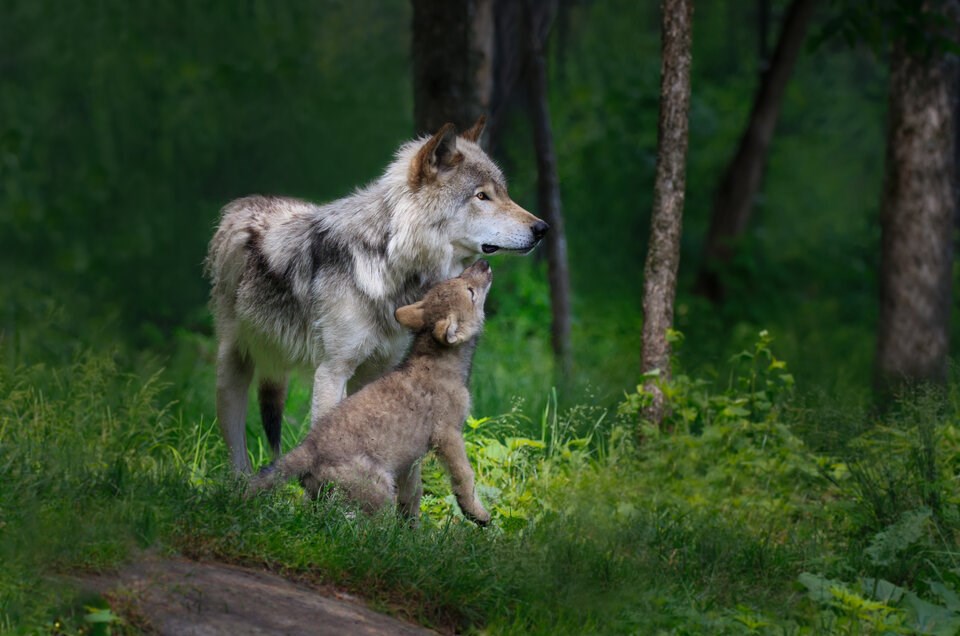A B.C. animal rights group says it has discovered several fur farms in Canada with licences to hold wolves, bobcat, fox and lynx.
One Alberta farm has housed at least four lynx, while five farms in Saskatchewan held 109 wild predators, including 27 Siberian lynx, 15 Canada lynx, one bobcat, 15 foxes and 51 timberwolves, according to documents obtained through public records requests and seen by Glacier Media.
Aaron Hofman, who uncovered licensee data and serves as The Fur-Bearers director of policy and advocacy, said the discovery was the first time anyone has found a wolf farm in Canada.
“To confine these iconic wildlife species in Canada just for their fur, it shows how unethical it is, and it shows how secretive it is,” said Hofman. “It shows how underground this sector is.”
A spokesperson for Saskatchewan's Ministry of Agriculture said there were five licenced fur farms in the province.
“All fur farm operators are licensed and regulated according to The Fur Farming Regulations 2017 under The Animal Products Act,” said the spokesperson in an email.
Alberta's Ministry of Agriculture, which provided the licensing data there, was not immediately available for comment.
Hofman discovered the farms when he cast a series of records requests in jurisdictions across Canada. He said Alberta and Saskatchewan returned the data on the farms only because they are among the few provinces that license the industry.
British Columbia shut its mink farm industry during the COVID-19 pandemic over concerns it posed a public health threat. That decision is currently being litigated in court. One chinchilla fur farm remains in the province.
But in Ontario, where licensing does not exist, the scale of fur farming is thought to be much bigger.
“Ontario is the big one. We know it has a lot of mink farms,” said Hofman. “There could be different species as well. We don’t know.”
Hofman said Canadian fur farms tend to sell their products at auction houses in Canada, the U.S. and Europe, where it is later used to feed the luxury fashion market.
“These animals have fur and that fur is valuable,” he said. “People are looking to profit off that.”
But the fact that at least dozens of wolves are part of that supply chain surprised even Hofman.
“This is out of the ordinary even globally,” he said.

